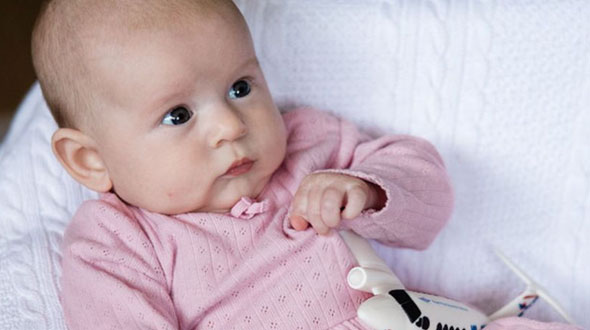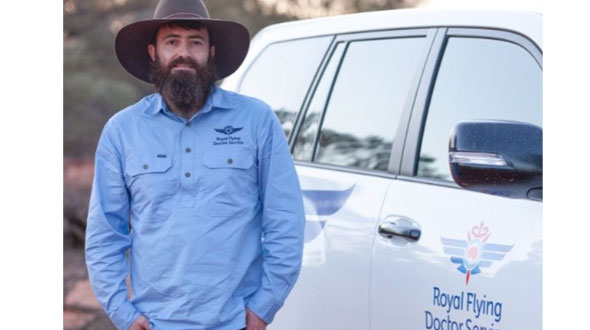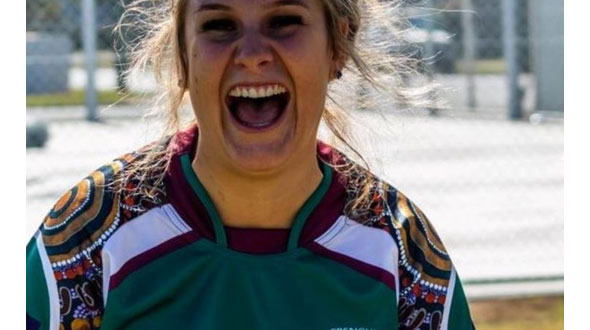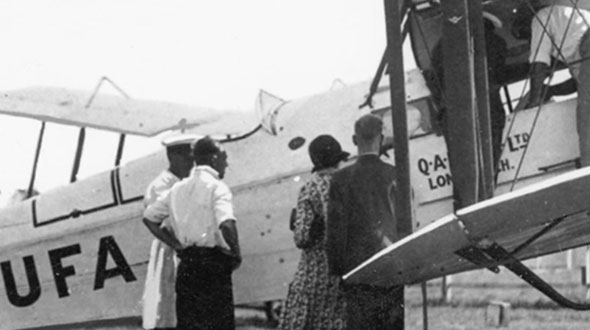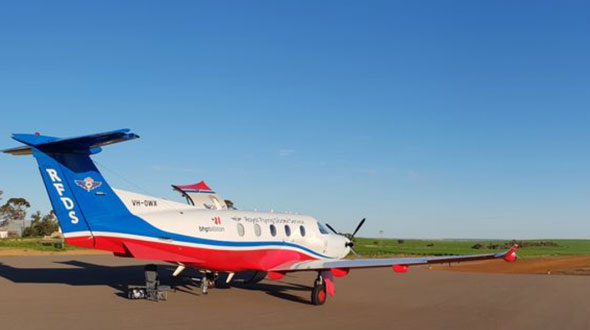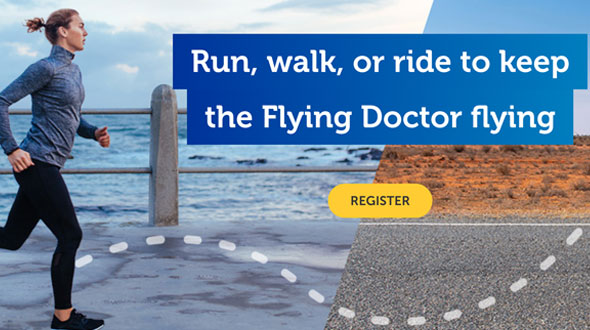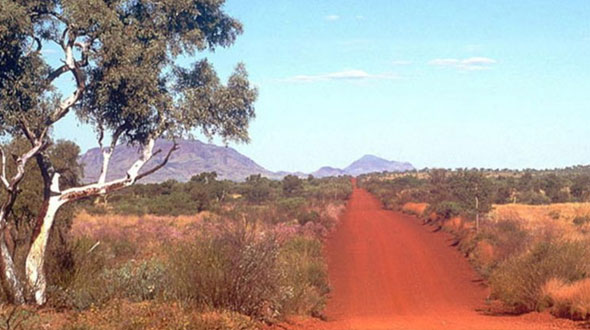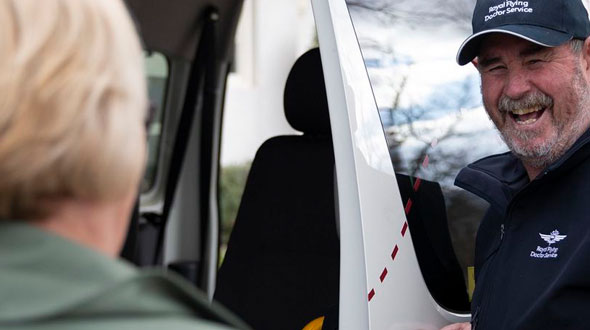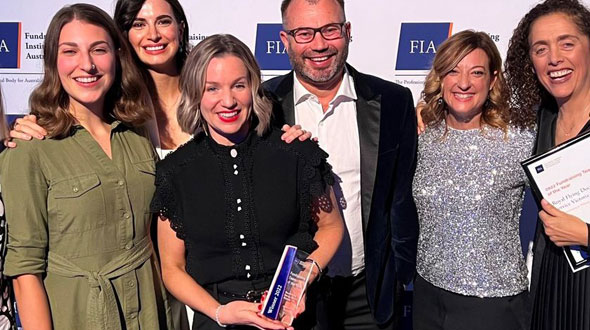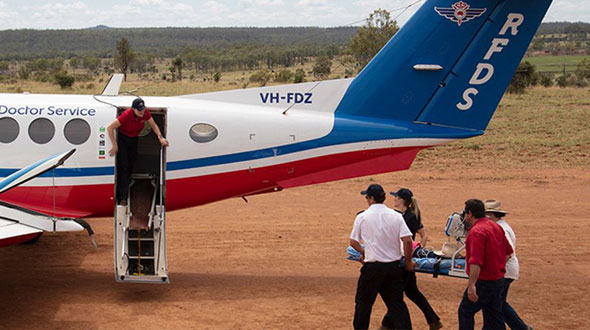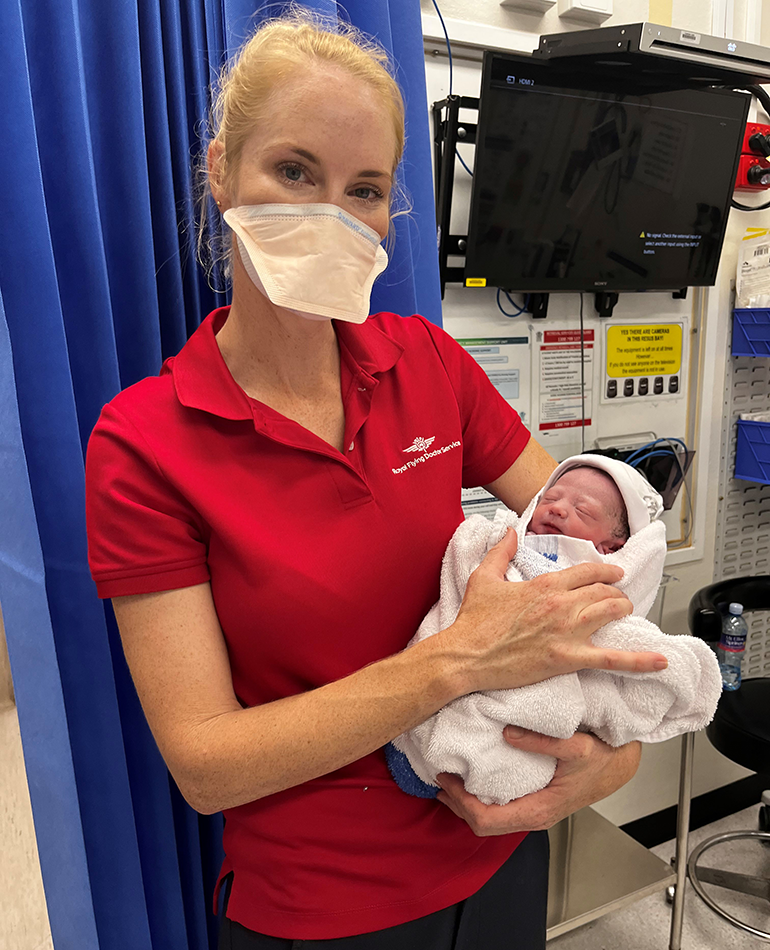Article supplied by RFDS
We are incredibly lucky to have amazing supporters but few start as young as Neroli Moreno, who made her first donation as a three-month-old.
Neroli’s mum Chantel and dad Tino knew they wanted to set a good example for their adorable new addition by signing her up as a regular giver to the RFDS.
“We want to teach her about generosity, charity, giving and helping others as she grows up. We hope she can be proud in the future of her donation history,” Chantel said.

Having grown up on a farm in the Nambucca Valley, Chantel said she understood the importance of knowing the Flying Doctor was there to help those who weren’t just down the road from a hospital.
“Farms, mines, and rural communities do not have the same facilities that inner city hospitals do. The RFDS gives those people an equal chance of getting lifesaving treatment. To be able to offer lifesaving medical assistance to those in need when they are so isolated is truly a necessity and they shouldn’t be taken for granted,” Chantel said.
“We would love to show Neroli about how important the RFDS is and what they do for the people in remote Australian communities. We want to teach her about being generous and helping others and how her donations make a difference and could save the life of a girl just like her.”


